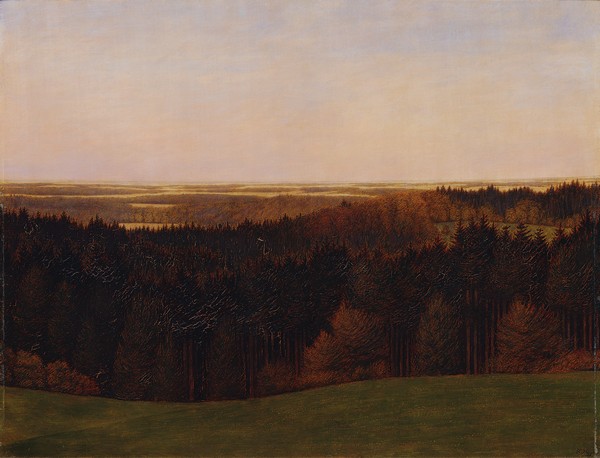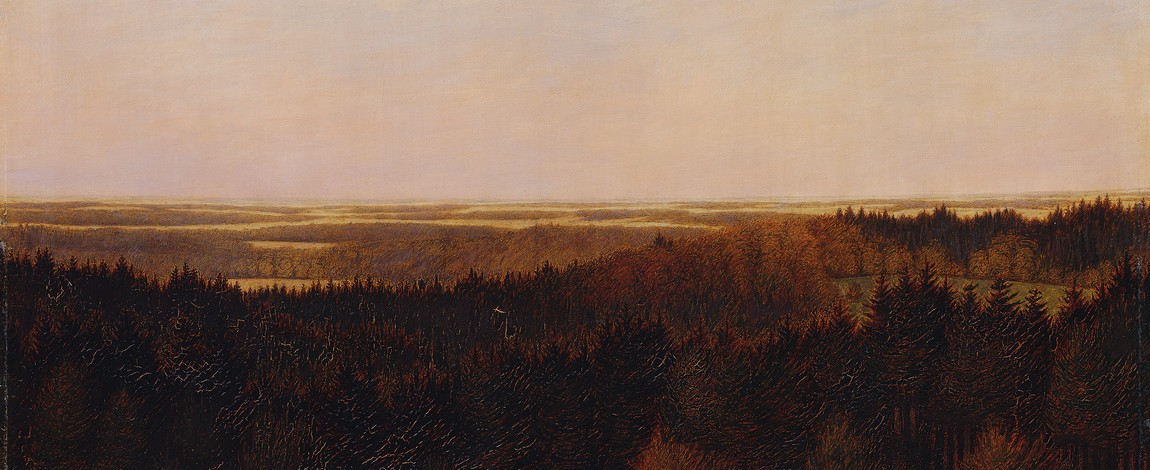
When asked about the characteristics of a Lied, one of the first things I say, probably the first, is that for a Lied to exist it is necessary that previously a poem existed that moved the composer to write his song. A poem written two days, two years or two centuries before the composer read it. But previously written, this is the key word. There is no joint work between a composer and lyricist, music and lyrics are not written at the same time. In my opinion, the key is that a poet's work interests a composer for some reason and leads him to put it into music. The composer reworks the poem according to his personality, his vital moment, his social context, and, of course, his musical context.
A poem, a song. It is interesting enough, and we greatly enjoy it. But the thing is that from a single poem several songs can arise, and we lied lovers find countless opportunities.
In the second post of this blog, back in February 2012, I already proposed that we listen to two songs composed upon that poem by Goethe that begins by reading “Meine Ruh’ ist hin”, and I did so to show how Schubert’s rendition opened up a new world. Since then, we have heard some more poems set to music by different composers. Sometimes the coincidence was accidental, and other times it was deliberate. Last summer I published a four-entry miniseries, “The same poem, one more song”, where I briefly presented second (or third) songs composed upon a poem I had previously spoken about in more detail, and it was then that I began to think about how to gather and share all these songs with repeated poem.
I've got it all in place now. Regarding the publications, it will not change much; I will continue to talk about songs that share poems when they arise, following my more or less erratic program. Occasionally, the title “The same poem, one more song” will appear, always in a shorter article. To arrange all of these posts, I have gathered all the songs that share a poem in a generic and open series with the same title. Here is the link to access the series. In fact, I should say that I am gathering them because I am doing it from memory, and I am sure that there are some poems still missing. They are named by the first words in the poem and arranged alphabetically. For each poem, the songs are arranged chronologically. In some cases, the image that accompanies two or more songs is repeated; this is because I shared them in the same article (remember that not long ago we heard four versions of Canticel?). I hope you will have a look at the page and listen to how a poem is transformed in the hands of several composers. Like the rest of the series, you can also find the series in the sidebar of each post, in the top menu (Blog/Song series), and in the menu at the end of the website.
Finally, I suggest that we listen to one more song from the poem that begins by reading “Über allen Gipfeln ist Ruh”, one of the most musicalized poems in the repertoire. It's the song by Hans Sommer, composed in 1919, in the orchestral version; we had previously heard versions by Franz Schubert, Robert Schumann and Franz Liszt. The performers are Benjamin Appl and the Rundfunk-Sinfonieorchester Berlin, directed by Guillermo García Calvo.
ist Ruh,
in allen Wipfeln
spürest du
kaum einen Hauch;
die Vögelein schweigen im Walde,
warte nur, balde
ruhest du auch!
it is peaceful,
in all the treetops
you feel
hardly a breath of wind;
the little birds are silent in the forest
only wait - soon
you will rest as well.
(translation by Emily Ezust)














Comments powered by CComment